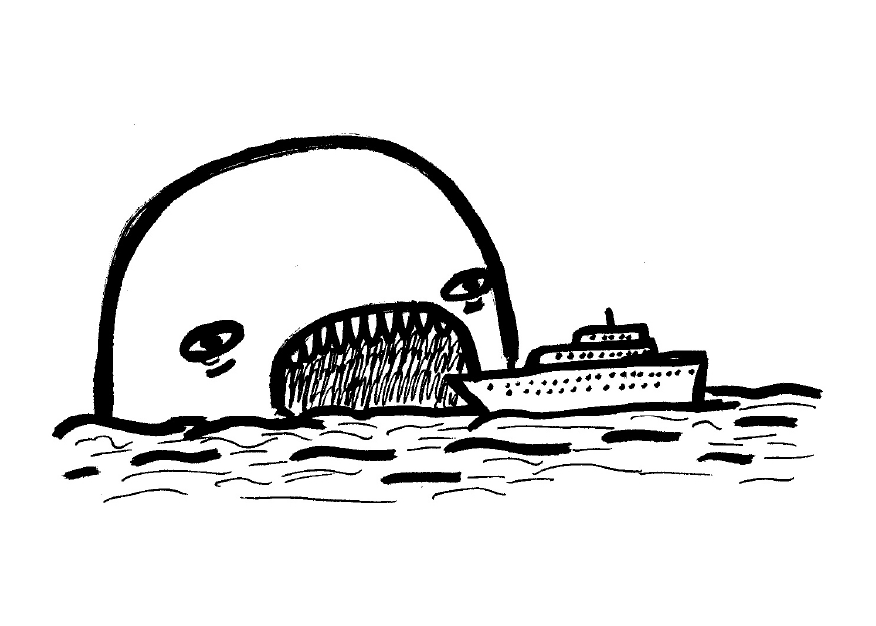Surrealism emerged as an act of rebellion against the tyranny of the rational mind. It championed dreams, chance, and the unconscious as ways to break free from conventional thinking.
A century after its birth in 1924, its radical spirit still resonates. In a world where reality often seems stranger than fiction, surrealism’s tools, embracing uncertainty, following intuition, mixing unexpected elements, offer fresh ways to navigate and reimagine our surroundings.
A few years ago, at breakfast in Melbourne, our friend David Matthew Prior leaned in gently, over toast and existential fatigue, and said, “That’s not irony. That’s a paradox.” We’d mistaken one for the other. Irony you can slice and serve. Paradox you sit with. It won’t be solved, only survived.
That moment lingered. Because now, more than ever, we clutch tight to our singular lenses. We live in a time of double binds and digital certainty, where everyone’s sure and no one’s listening. We hold our truths like hot stones. And we forget: two opposing things can both be true.
Paradox persists like a faint radio signal through static.
What if we stopped trying to resolve it?
What about... Surrealist Q&A?
Why are we stuck?
Because pigeons navigate by magnetic fields.
You start with one-sentence questions. All beginning with why. Then you write an unrelated one-sentence answer. Beginning with because. Shuffle them. Read one question, then someone else’s answer.
No attempt to match, no effort to make sense. And yet, occasionally—accidentally—meaning slinks in through the side door. The room laughs. Then hushes. A breath is drawn. A collision occurs between what you asked and what you got. Not an answer, exactly. Something more useful: space to hold the not-knowing.
What about... Different Choice?
An improv game. Two actors in a scene. Someone rings a bell: “Different choice!” The actor rewinds a few seconds and makes a different move. The bell rings again. Another version.
This isn’t about getting it right. It’s about noticing how stuck we get inside our own habits of speech, thought, reaction. After three or four rewinds, the script loosens. People get weird. Good-weird. New ideas come. The fourth answer is rarely the smartest. But it’s often the truest.
What about... Action Storming?
You re-enact a stuck moment. Something difficult. Tense. Sharp-edged. The kind of interaction that repeats in your life like a glitch in a song. You play it through. Then stop. Others step in. Try a new line. A new tone. A new posture.
You don't need to fix it. Just try something else. Then something else again. Action, not advice. Embodied rewrites. Until the old pattern begins to fray.
And if that’s not enough... try cutting it up.
Literally. As William Burroughs suggested:
“Take a page. Cut it into four. Rearrange the sections. Now you have a new page. It may say the same thing. Or something else. But it will say something. And that something might be worth hearing.”
Cut up your assumptions. Your agenda. Your opening script. See what happens. It might be absurd. It might be useless. It might be what the moment actually needs.
We ran something called The Naked Facilitator, online, mid-pandemic. No bells, no whistles, just humans. We fumbled. Improvised. Let go. What worked wasn’t the clever tech or flawless design. It was the willingness to begin with not knowing. To put weird ingredients on the table and let people cook their own sense of it.
What we learned: dollops of content, not floods. A spoon of structure. Then loosen your grip.
Because in uncertain times, offering more certainty is a trap. Offer space instead.
Offer paradox. Contradiction. A surrealist wink.
And see what grows in the cracks.



